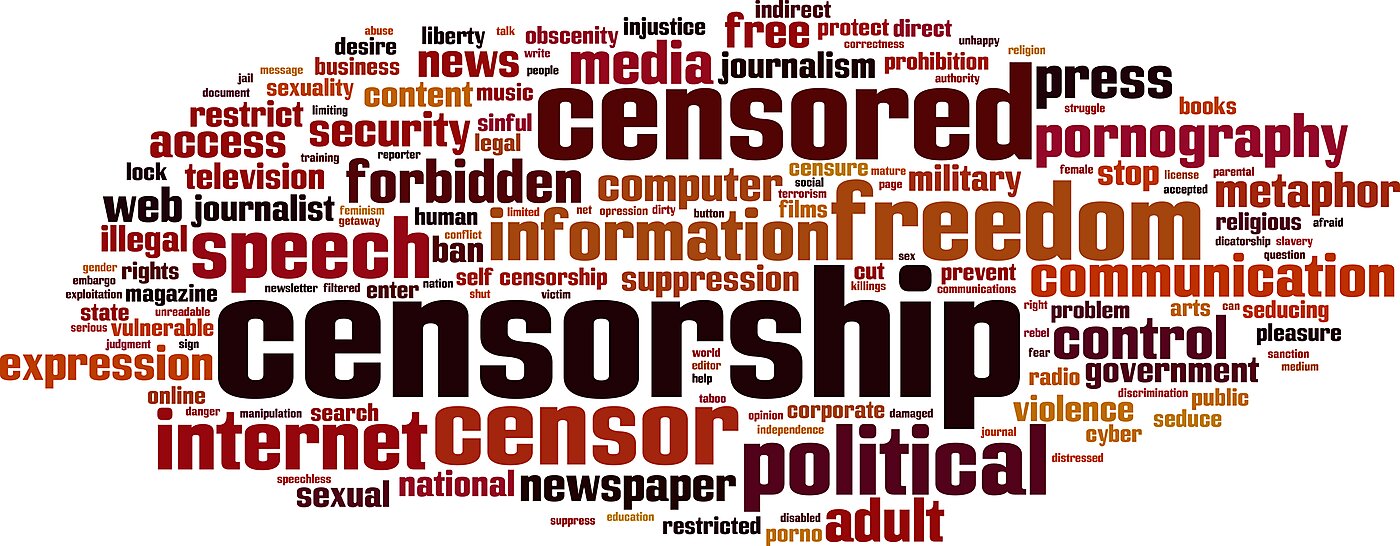On Dec 14, 2023, I joined an international conference on the 75th anniversary of the UN’s Universal Declaration of Human Rights held at Princeton. Co-organized by the James Madison Program of Princeton University, Indonesia’s largest Islamic organization, the Nahdlatul ‘Ulama, and the Center for Shared Civilizational Values, the event brought together religious and intellectual leaders from around the world for a consultation on the future of human rights.
These were my remarks on “Islam and Human Rights”:
If this conference was held back a few centuries ago, there would not be much need for anyone to speak about any rethinking in Islam with respect to human rights. It was a time when Christendom was haunted by religious zealotry and sectarian violence, whereas Islamic lands seemed only more tolerant. Hence minorities persecuted in Europe, such as Jews, repeatedly fled to those lands, especially the Ottoman Empire, to find safety and freedom.
Yet much has changed since then. Christendom changed for the better, and the Islamic world changed for the worse. That is why today minorities often escape from the latter, fleeing violence, persecution, or discrimination. And while these ills sometimes have secular causes, there are religious ones as well. They include severe verdicts on blasphemy or apostasy, legal inequalities, so-called morality policing, religious justifications for authoritarianism, and, on the extremes, even for terrorism.
I believe these are serious troubles that call for a major renewal in Islam. The core issue is giving up coercion and violence in the name of religion. It means reconceptualizing the Sharia not as a law to be enforced by the state, but as a tradition to be practiced by faith. It also means reconceptualizing the state as the protector of not the true faith and its believers, but of all faiths and all individuals.
How to make an Islamic case for this end is a big question, but here is the crux of it: It is about separating the eternal truths of Islam from the historical conditions in which they emerged.
We all know that the Prophet Muhammad, peace be upon him, began to preach Islam in the year 610 in the city of Mecca. It was a monotheist campaign in an idolatrous society. It was also clearly peaceful and non-coercive. “You are only a preacher,” the Quran told the Prophet, who told the polytheists, “To me my religion; to you, yours.”
If the Meccan polytheists heeded this call, the history of Islam would be quite different. But they kept on persecuting Muslims, and the latter had to repeat an Old Testament template: an exodus, followed by a theocratic state, which fought battles and conquered territories. Then, under the “caliphs,” or successors of the Prophet, Muslims expanded the template, building a religious empire that stretched from India to Spain.
The Islamic tradition was formed under these medieval imperial conditions, whose norms and constraints influenced that tradition. Meanwhile, Islam often brought major improvements to those conditions, which we can see as contextual applications of universal ethical principles — or natural moral laws.
Most Muslims have already realized this distinction on an important theme: Slavery, which was seen as a part of the Sharia until the 19th century, when efforts for abolition finally began. Today, many religious leaders agree that slavery was just some preexisting ill that Islam found in its historical context, mitigated it, only to get rid of it when possible — because the Qur’an encourages manumission, which points to an ethical direction. So, why not make the same argument for other themes in the traditional Sharia that curtail human liberty?
These are some of the questions we Muslims need to discuss in the 21st century. And trust me, we are discussing them. Among those who lead the conversation are Indonesia’s Nahdlatul Ulama, and its chairman Pak Yahya, with whom I am honored to share this platform today.
Meanwhile, there needs to be another discussion, which is the last point I will make. It is not about whether Muslims should fully accept universal human rights, but whether those rights fully extend to Muslims themselves.
That is because many Muslims around the world today feel that while they are being constantly asked to respect the freedom of other people, their own freedom to live as pious believers and traditional families may not be equally respected. For worse, many of them look at bloody conflicts around the world, especially the Middle East, where Western powers that often champion human rights at times seem to consider the very lives of Muslims less valuable, if not expendable. These blatant double standards breed deep skepticism, if not rejection and resentment, in their receiving end.
In other words, the struggle for human rights is truly a universal one today. In some contexts, it is a struggle to persuade people to affirm them. In other contexts, it is a struggle to persuade people to be honest and principled about them. And unless we strive on both fronts, we may have little hope for the future of our troubled world.












